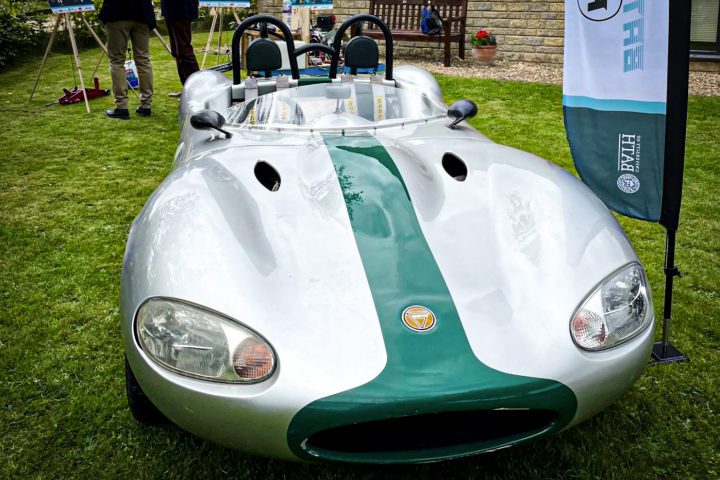We've seen a number of prototype and concept devices aimed at upgrading or even replacing the low-tech white cane and this latest example from Hebrew University - the Virtual Cane - appears close to becoming a commercial product. Virtual Cane is a handheld device that uses a type of sonar to recognize physical objects up to 10 m (39 ft) from the user. It emits invisible focused beams towards objects it is pointed at and determines how far away they are. The information is then relayed to the user via a series of vibrations which vary in intensity depending on the distance.
Dr. Amid Amedi from HU's Institute for Medical Research Israel-Canada (IMRIC) led the team behind the Virtual Cane which was demonstrated last month in Jerusalem.
The device is designed to enable a blind person to assess the arrangement of surrounding physical objects (such as their size, or height) by constantly scanning the environment - similar to a bat or a dolphin. It could also integrate a kind of face recognition function by distinguishing between smiling and sad faces, and could be used for research into brain reorganization in the blind.
According to researchers the Virtual Cane may either replace, or "augment the classic white cane" and using the device is "highly intuitive and can be learned within a few minutes." The it is also lightweight and features a battery life of up to 12 hours.
The device was presented as prototype only, but a retail product with a battery life of up to 12 hours is a possibility with Yissum, the University's research and development company, having filed a patent on the device and now looking for business partners to further the development. Dr. Amedi estimates the device could eventually cost only US$100.
Sources: The Hebrew University / Jerusalem Post, Fast Company
The Hebrew University video below shows the Virtual Cane in action:




